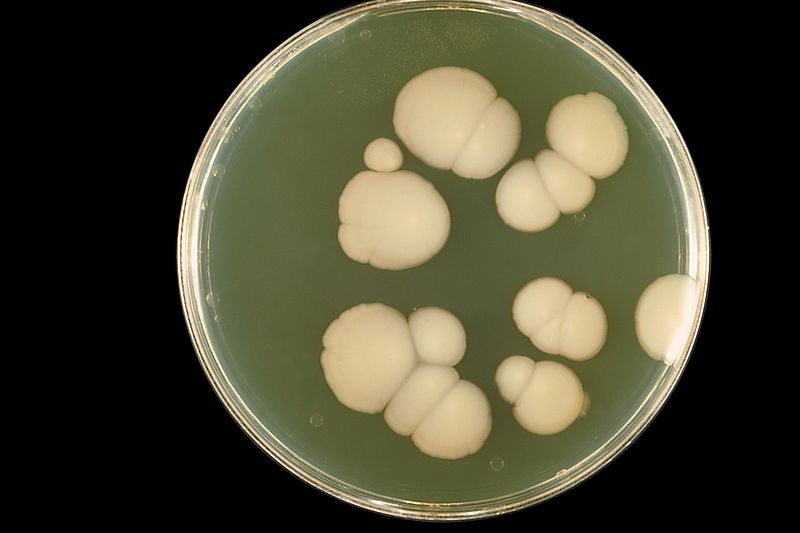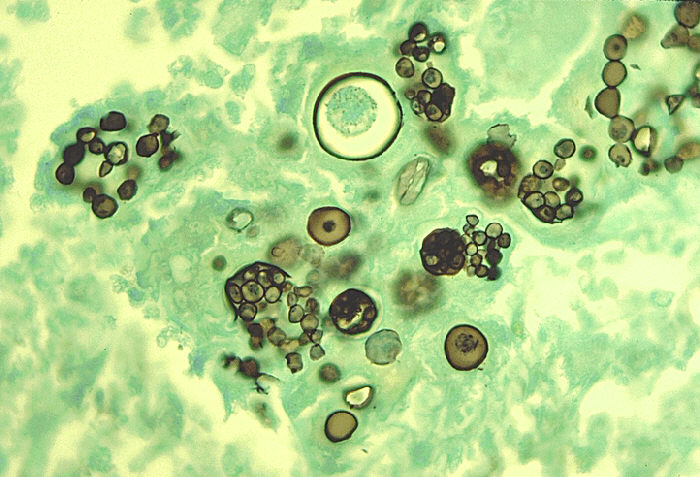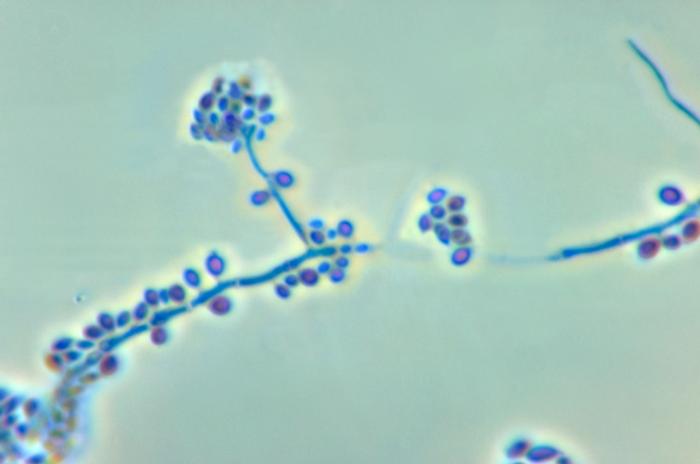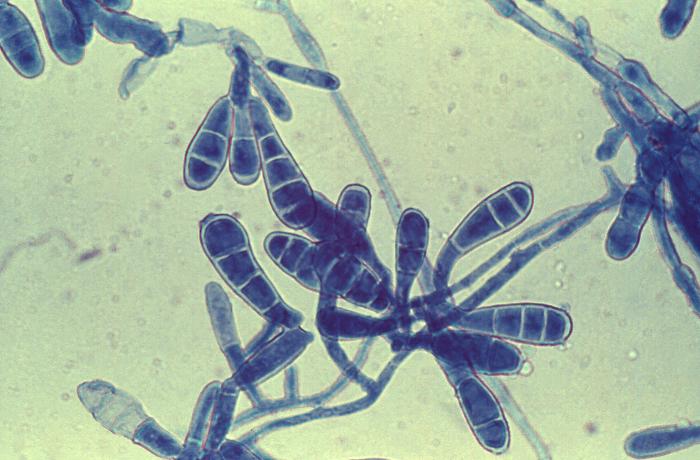Pasteurella multocida is a gram negative coccobacillus, which is non-motile and pencillin sensitive, responsible for causing zoonotic infections.
Transmission:
Pasteurella are part of normal flora found in mouth of domestic cats and dogs. They are transmitted by biting.
Pathogenesis:
Pathogenesis is not fully understood. Capsule has anti phagocytic properties. Endotoxin is produced but there is no exotoxin.
Virulence factors:
• Endotoxin – lipopolysacchide
• Capsule
Predisposing factors:
• Sutured animal bites
• Immunocompromised patients
Clinical symptoms:
• Rapidly spreading cellulitis at the site of animal bite
• Local wound infection
• Lymphadenitis
• Sub acute to chronic infections of lower respiratory tract
Lab diagnosis:
Specimen:
• Sample from wound site
Microscopy:
• Gram negative rods
• Short
• Encapsulated
• Bipolar staining
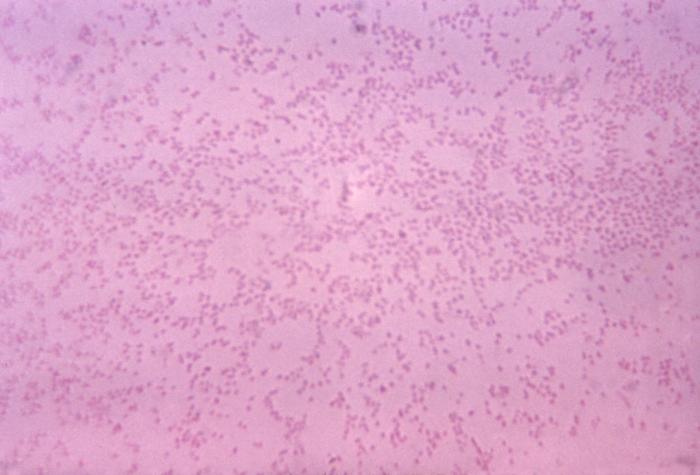
Serological test:
• PCR
Treatment:
Penicillin G or ampicillin to prevent P. multocida infection when bitten.
 howMed Know Yourself
howMed Know Yourself

